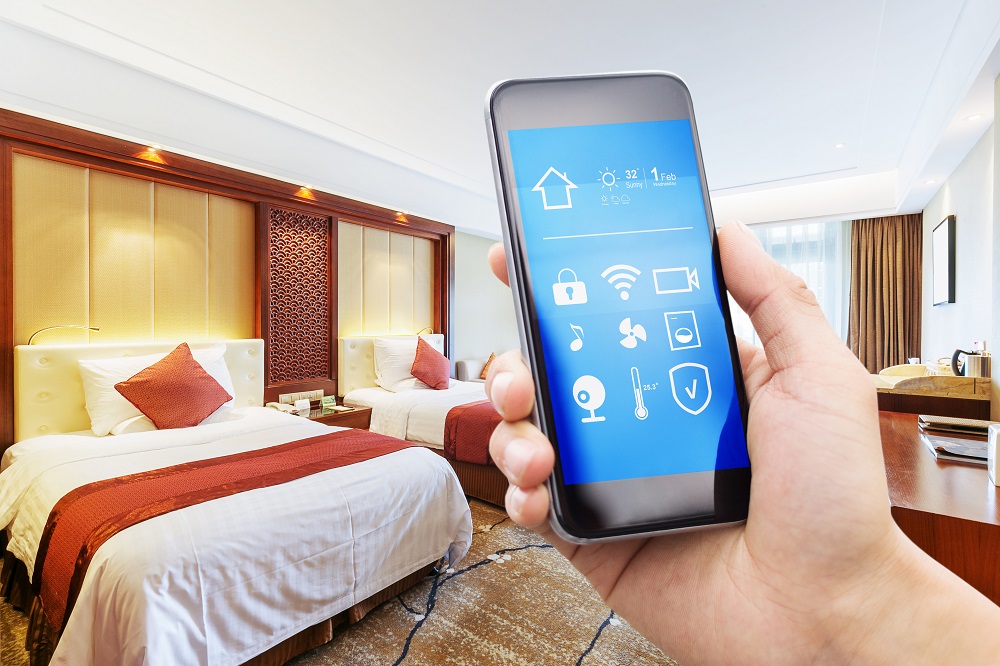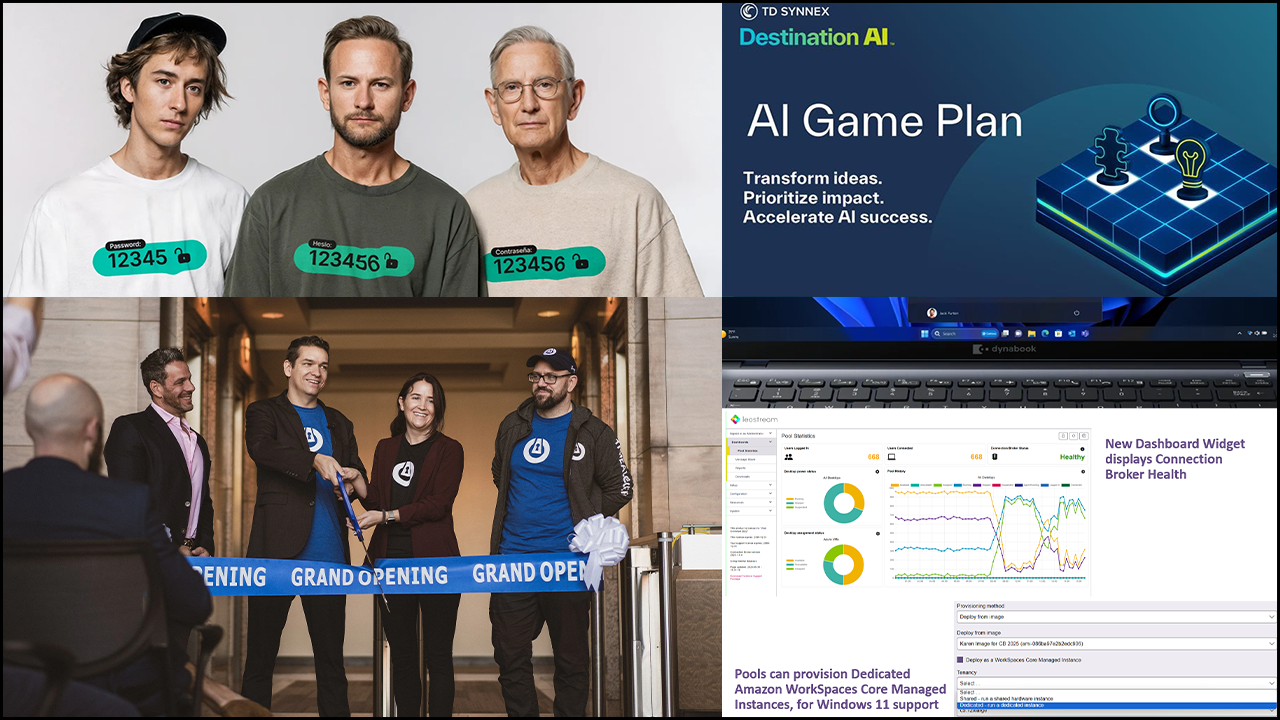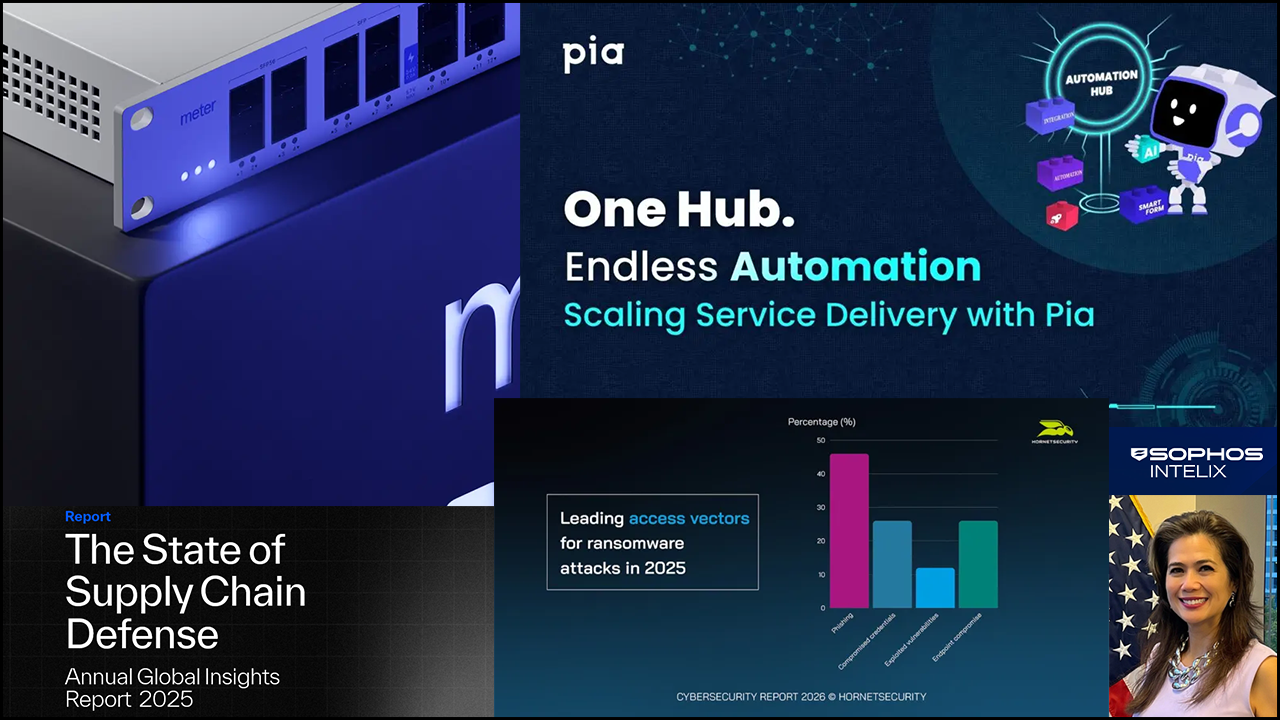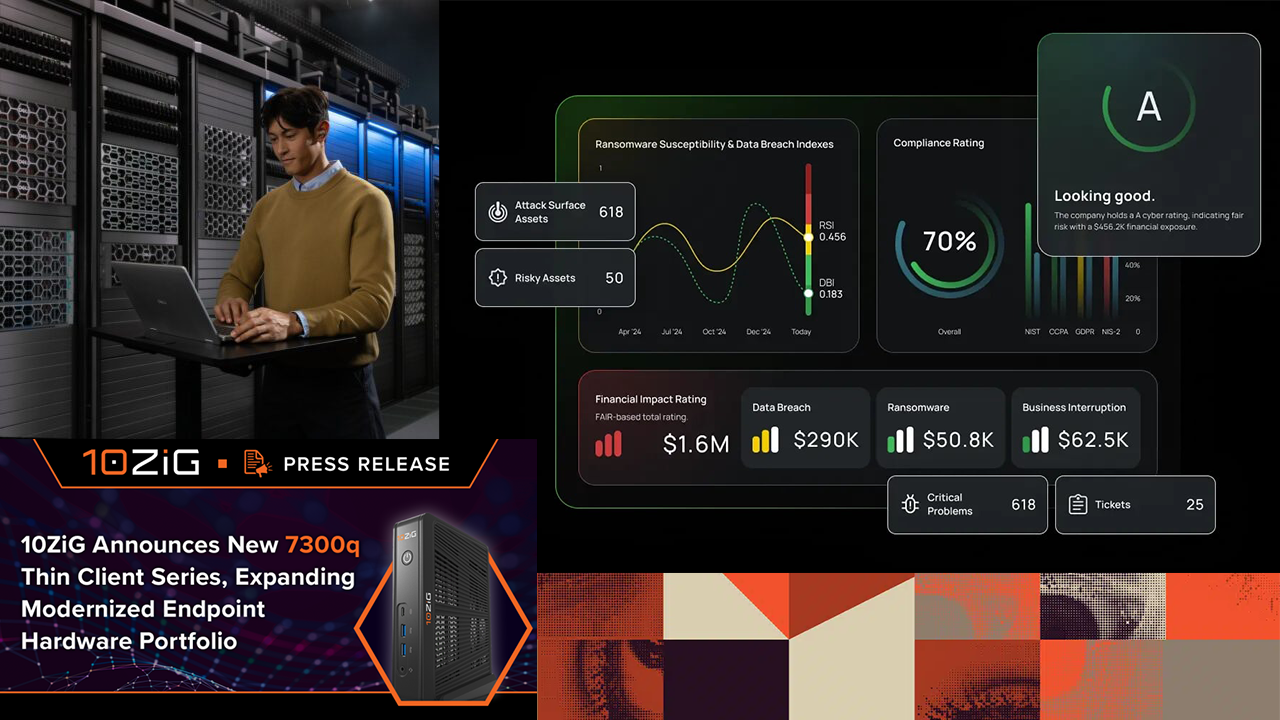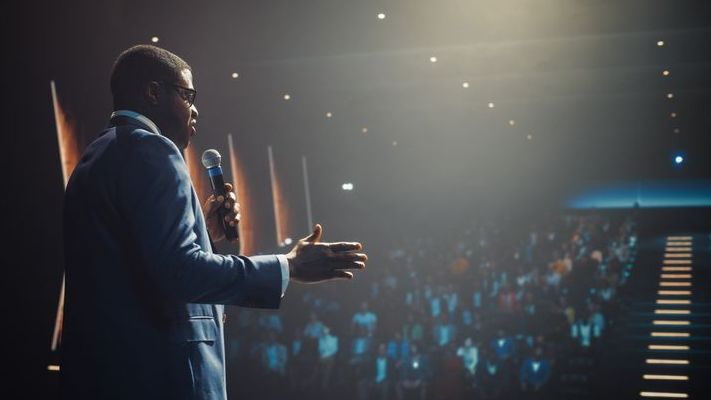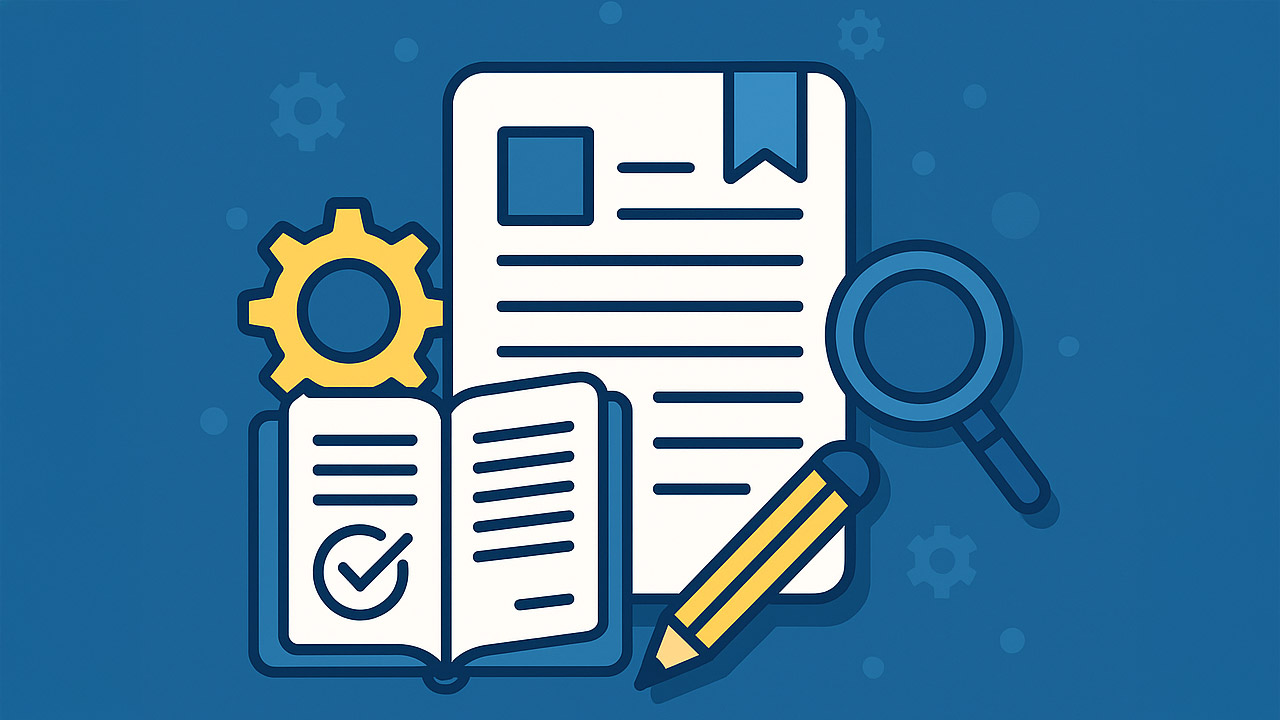MANY HOTELS used their forced pandemic-related downtime over the last two years to make improvements of all kinds, including implementing Internet of Things technology to lower operational overhead, reduce contact with skittish guests, improve the in-room experience, and increase safety for staff. The tag “smart hotel” covers a wide range of features, however, that only a small number of hotels have fully implemented, leaving a potential opening for integrators and solution providers.
Smart buildings of all types, including hotels, use IoT technology to manage lighting; monitor temperature, air quality, and occupancy; control access through smart locks; and more. Low-voltage Power-over-Ethernet lighting has become standard as buildings improve efficiency to save energy thanks to retrofits. IP-based security cameras also run over PoE and are an important part of smart building management. Channel pros in lighting, smart locks, and surveillance systems can offer hotels proven ways to improve the digital footprint in a location.
Hotels today are generations behind other commercial types of smart buildings, according to Ivo Rook, president for North America at 1NCE, a global network provider of low-bandwidth IoT connections. “Maybe 10% can truly call themselves a smart hotel,” says Rook.
Hotel owners have started to make up for lost time, however, says Dwight Stewart, CEO and founder of Igor, a provider of an IoT infrastructure platform for smart buildings. “In 2022, I expect we will see more hotels announce smart technology adoption than ever before,” Stewart says. “Many hotels have recognized the need to connect these growing number of technologies to create better experiences and further reduce energy and maintenance costs.”
Rook says the move to smart hotels is driven by three hotel-specific trends: digital check-in and -out, in-room experience, and regulations to protect hotel employees working alone, by providing them with private panic buttons. “There’s an overemphasis on the in-room experience,” adds Rook. “I want to check in and out and get my room map and key on my phone without standing in line. I don’t want to fumble in the dark with an app to turn on my room lights or TV.”
Smart lighting, window drapes, and temperature controls in hotel rooms rely on the same technology as smart home or other smart office systems, so there’s nothing unusual to address for integrators new to the hotel market.
Another use case is predictive maintenance. “The HVAC and elevators in hotels lag most new office buildings,” Rook says. “The average age of a hotel AC unit is 15 years.” Elevators have a seven-year life span, he adds, “so you want sensors on everything to watch for needed maintenance,” on both those systems.
Sensors can send data through a local edge device to the hotel’s IT network for aggregation, or direct to the cloud through a Wi-Fi or cellular data link. Both options are familiar to any IoT integrator, and an affordable solution for hotel operators. “Eighty percent of all sensors actually consume very little data,” says Rook, which is one reason 1NCE can keep its network transmission costs low.
Looking ahead, Rook expects the range of IoT technologies used in hotels to expand. Even for hotels that have already digitized check-in/-out, further “smart” upgrades are likely, he says. “Check-in wasn’t a tech problem when COVID came, but technology appeared to solve the problem. When you drive change across an industry, you change everything.”
Image: iStock



